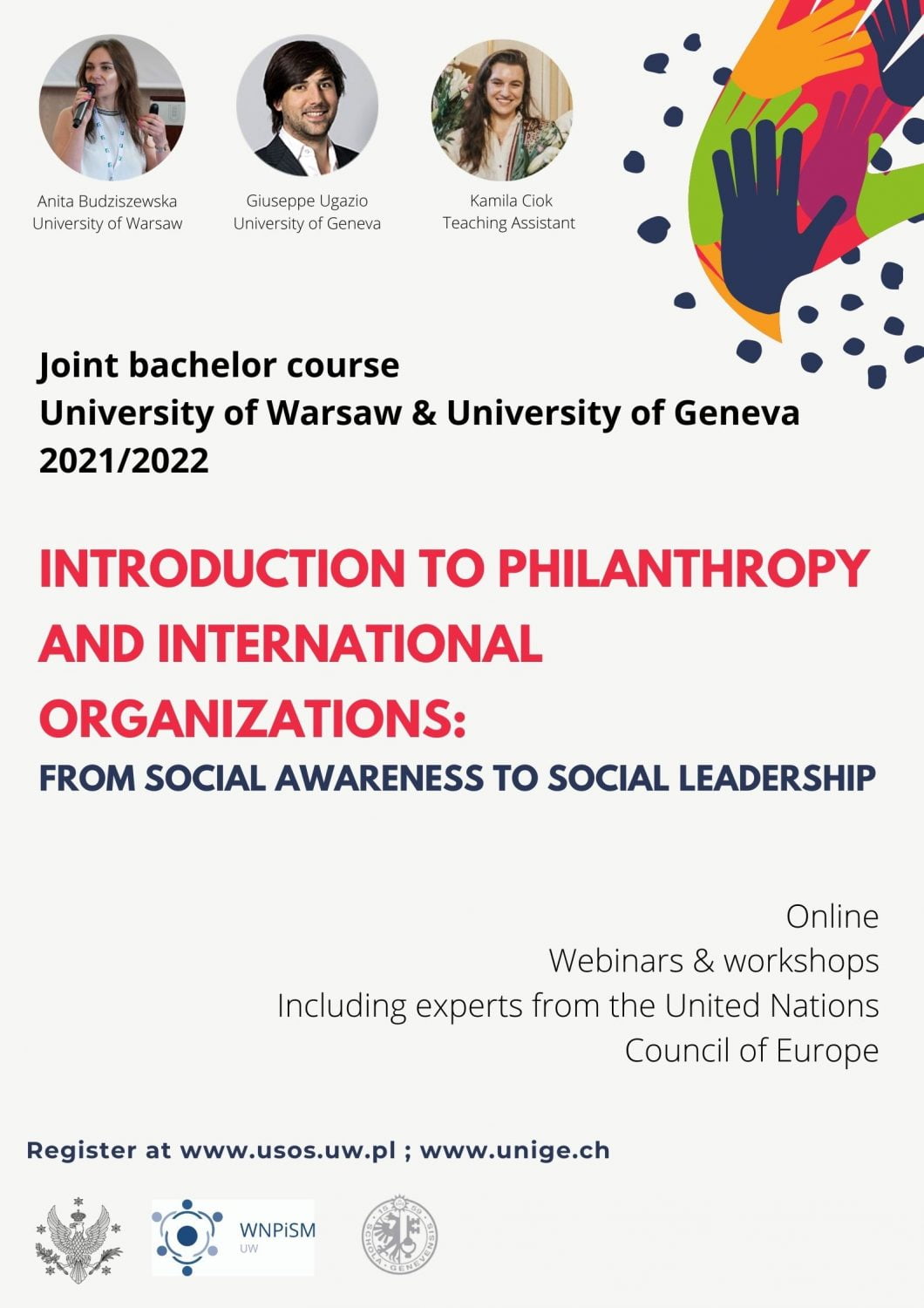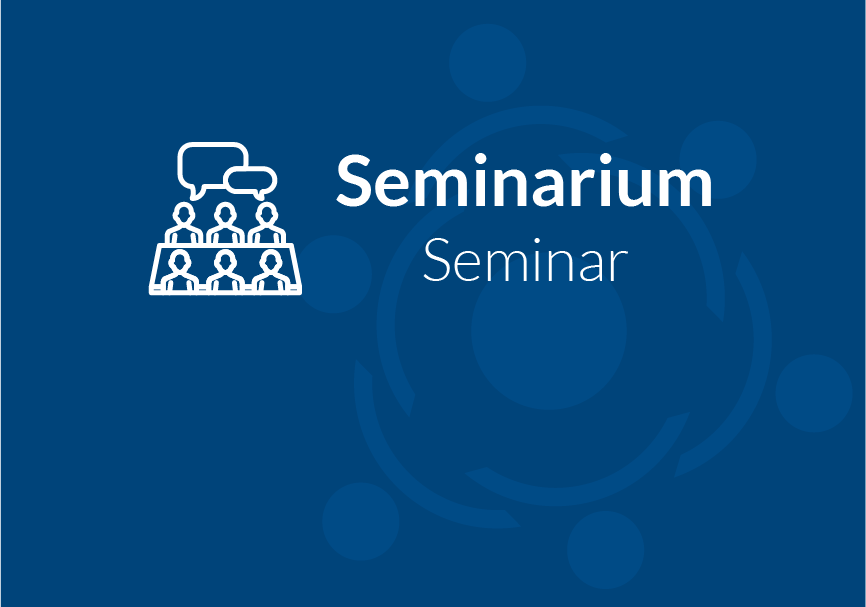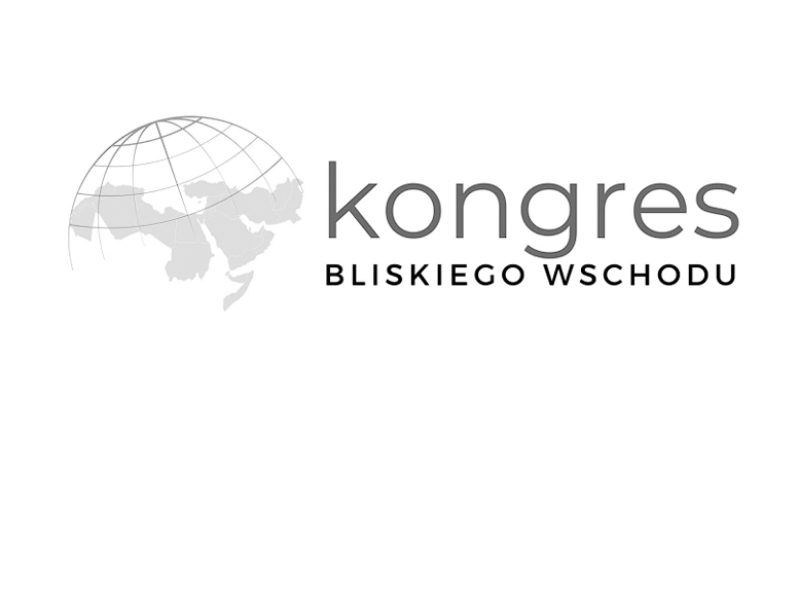A joint course of the WNPiSM UW and the University of Geneva: Introduction to Philanthropy and International Organisations – enrolment

The office hours of the Head of Programme
June 17, 2021
Announcement about Poland’s Foreign Policy exam
June 17, 2021
In the winter semester of 2021/2022, in cooperation with the University of Geneva (Switzerland), a course/university-wide course for students entitled “Introduction to Philanthropy and International Organisations: from social awareness to leadership” will be launched.
Introduction to Philanthropy and International Organisations: from social awareness to social leadership.
The course will have a dual format: lecture (theoretical) and workshop (practical). Among the invited practitioners, there will be experts from international organizations, e.g., the UN.
A brief introduction to the issue:
Over the past twenty years, philanthropy has become an increasingly important part of our society. Given the challenges we face, philanthropy plays an essential role in contributing to overall progress and achieving the Sustainable Development Goals (SDGs) outcomes.
The course will support students to delve into the world of philanthropy, social responsibility, and the work of institutions that aim at social development. The course is divided into two parts – a theory and a workshop. During the theoretical part, students will have the opportunity to familiarise themselves with the concept of philanthropy (operationalization and conceptualization), its opportunities, and its challenges. Students will learn about the inner workings of organizations and those responsible for coordinating global and local development programs (classes with practitioners). The course offers a holistic view of aid, social development and aims to build the attitude of a socially responsible person.
At the end of the course, students should: 1. have a general knowledge of relevant aspects of philanthropy from the perspective of international organizations (global, regional, and local perspectives) 2. recognize key sectors, challenges, and opportunities in the field of philanthropy 3. be aware of the ethical, legal, political and social contexts underlying philanthropy.
At the University of Geneva, in collaboration with the School of Economics and Management (GSEM), the Institute of Finance (GFRI), the Geneva Centre for Philanthropy (GCP), and Genevensis Communications, a study program for professionals and practitioners from international organizations have also been launched as of this year – for more information about the initiative, see the UN Today magazine website: https://untoday.org/unige-new-course_strategic-operational-philanthropy/. Professor Giuseppe Ugazio coordinates the program in Geneva.
Course mode: online – some classes together with students from the University of Geneva
When: Mondays, 9.45 – 11.15 a.m. (* three meetings/theoretical/lecture classes exceptionally between 10.00 and 12.00 a.m.). Total of 10 meetings/ 24 hours
ECTS Number: 4 ECTS
The number of places: limited due to the workshop formula – max. 20/25 places
Registration: divided into two rounds: 1st round – June 2021 via USOSweb (all-university subject available for registration for all UW students and as a monograph dedicated only to CISM students; 2nd round – September 2021, )
A detailed syllabus with biographies of experts from international organizations will be sent to students registered for the course.
Course credit: A teamwork/final project in which students will determine a strategy for a new (self-invented) philanthropic organization engaging in a current social problem of their choice. The project will be developed in teams of 4-5 students (description also provided in written form – approximately 2500 words) and will include a detailed strategy for a philanthropic organization founded to address a current social problem. The group leader will present the results of the project at the final meeting. The project will be assessed by the subject coordinators and experts/practitioners from international organizations (the practical element of the assessment).
The evaluation will consist of: project 70% of the evaluation and activity 30% of the final evaluation.
Course coordinators:
Giuseppe Ugazio: the University of Geneva
Academic affiliation: Geneva Finance Research Institute, Geneva Center for Philanthropy; Foundations Edmond de Rothschild Chair in Behavioral Philanthropy.
He also teaches at Harvard University, where he also completed a postdoctoral research fellowship (2016-2018). He holds two PhDs: in philosophy and neuroeconomics, and is a behaviourist studying the neuropsychological mechanisms that guide complex human social behaviour. Using interdisciplinary experimental methods, he investigates the mechanisms of affective, cognitive and behavioural control that support social decision-making. In particular, his research focuses on understanding how decision-making mechanisms compete and interact to guide choices related to moral values, fairness, and adherence to norms. Selected recent publications: Changing social norm compliance with noninvasive brain stimulation, CC Ruff, G Ugazio, E Fehr, ‘Science’ 342 (6157), 482-484; The role of emotions for moral judgments depends on the type of emotion and moral scenario. G Ugazio, C Lamm, T Singer, ‘Emotion’ 12 (3), 579; Increasing honesty in humans with noninvasive brain stimulation. MA Maréchal, A Cohn, G Ugazio, CC Ruff, ‘Proceedings of the National Academy of Sciences’ 114 (17), 4360-4364; Are empathy and morality linked? Insights from moral psychology, social and decision neuroscience, and philosophy. G Ugazio, J Majdandžić, C Lamm, ‘Empathy in morality’, 155-171; Practical implications of empirically studying moral decision-making, N Heinzelmann, G Ugazio, P Tobler,’ Frontiers in neuroscience’ 6, 94; Binding oneself to the mast: stimulating frontopolar cortex enhances precommitment. A Soutschek, G Ugazio, MJ Crockett, CC Ruff, T Kalenscher, PN Tobler. ‘Social cognitive and affective neuroscience’ 12 (4), 635-642/
Anita Budziszewska: the University of Warsaw
Academic affiliation: Department of Diplomacy and International Institutions, WNPiSM UW.
Graduate of the European Academy of Diplomacy; Institute of International Relations of the University of Warsaw, Postgraduate Studies in International Law, Faculty of Law and Administration, University of Warsaw, Strategic Research Studies, Warsaw School of Economics. A scholarship holder at the University of Nottingham. Member of the Polish mission to the United Nations during the 43rd session of the UN Human Rights Council in Geneva (43 session of UN HRC). External expert of the Polish diaspora project – Poland360 organized by the Chancellery of the Prime Minister and the Kresy Foundation. RP. Since 2012, a member of the network of coordinators of international cooperation of European Universities.
Scientific and professional internships, among others at the Polish Representation to the United Nations in Geneva, study and training courses, including at the European Court of Human Rights in Strasbourg and the University of Oxford. International lectures and papers abroad, incl. in Austria, UK, Spain, France, Italy, Portugal, Greece, Bosnia and Herzegovina, Croatia, Hungary. Research: culture and cultural areas in international relations, the activities of international organizations in the sphere of culture, and the cultural policy of the Council of Europe. Selected Publications: Anita Budziszewska, Anna Solarz, Religion as a Component of the State Identity in Poland and Its Manifestations in the Foreign Policy, (forthcoming) “Siyasal: Journal of Political Sciences – special issue on Polish Foreign Policy in 21st Century,” Summer 2021; The right to culture in international law, “Diritti Umani e Diritto Internazionale”, 2/2018, vol 12, 315-333; The Concept of Right to Culture in International Relations, “Polish Journal of Political Science”, No. 4/2018; ; Agnieszka Bógdał-Brzezińska, Anita Budziszewska, National and European Identity in the Context of Polish European Union presidency. Constructivism-based approach, “Economic and Political Thought”, No. 4 (35).Hanna Schreiber, Anita Budziszewska, Towards the right to culture, in: E. Mikos – Skuza, K. Sałaciński (ed.), Protection of cultural heritage during armed conflicts, 60th anniversary of the Hague Convention and 15th anniversary of the Second Protocol, WCEO, Warsaw, 2014
Kamila Ciok (teaching assistant): Alimuradova Organisation, WNPISM student)
President Of Alimuradova Organisation – supporting and mentoring NGOs and social projects; Member Of The Board Of The Foundation Poland Helps Poland – developing humanitarian aid support for village Poland on Kiritimati in Kiribati; she is part of the Association of Stanisław Wyspiański – builds opportunities for youth and educates leadership attitude in Poland; host and ambassador of Shams Community Jordan; president of the SDG Youth Council in Pakistan; in 2019 nominated as an activist social of the year; in 2019 featured as Leader of NGO’s in Poland; nominated 25under25 Forbes 2018.
Speaker at international conferences about youth engagement and responsible social education: at European Union Intellectual Property in Alicante; at conference Leap Summit in Zagreb; at 19th WFYS in Sochi; at National Reading Day in Alger; at 2nd and 3rd IYSL in Lahore; at Forum of Compatriots in the Republic of Dagestan; Congress of Young Europeans in Marseille; Gala of the national social projects Olympiad “Exempt from Theory”; Conference “Future of Europe” in Pskov; TEDxLikusy 2020 in Poland.
Since 2012 she has been involved in social and artistic activities in Poland (in 2004, with the support of the mother, Diana Alimuradova Ciok, conducted a socio – humanitarian action for children injured in the terrorist attack in Bielan). Since 2016, the international conference speaker talked about awareness during activism, self-development, and the importance of international cooperation to create long-term and practical solutions. Since 2019, working on development projects for youth in Pakistan where during travels, she got to know the multidimensional social sectors. She traveled to Jordan, interviewing social activists and local communities about their social issues and ways of developing solutions.
She researches social responsibility in political cooperation and the “Swiss Agency for Development and Cooperations” activities in Pakistan.






